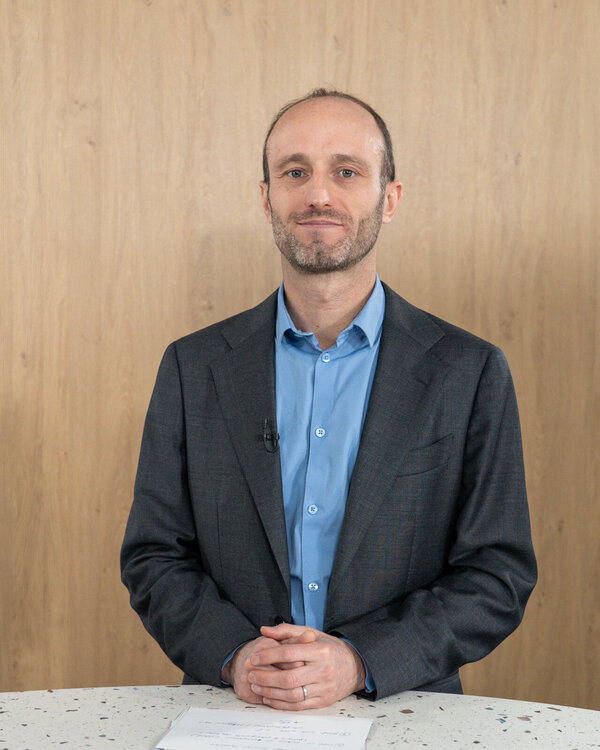Investing money for beginners
Investing can be worthwhile not only for wealthy people. Whether with equities, funds or ETFs – you can achieve financial freedom even with small amounts. Investing for beginners? We’ll show you what options you have.

Investing is worthwhile even with small amounts
If you can save money, it can also be worth investing small amounts. The example calculation below shows why this is the case:
In the following table, we compare the monthly investment of CHF 100, 200 and 500 with the interest income on a savings account over an investment period of 15 years. It quickly becomes clear that you receive virtually no interest on a savings account. Your assets may even lose value due to inflation. The comparison also shows that it can make a big difference how much money you can invest – especially over time.
Inflation protection
- Savings account: Assuming an inflation rate of 2%, the purchasing power of the money decreases by this amount. After one year, CHF 10,000 would be worth approximately CHF 9,850 when adjusted for inflation.
- Investment: Since the return of the equity fund (5%) exceeds the inflation rate (2%), CHF 10,000 would be worth approximately CHF 10,300 when adjusted for inflation. A clear difference in favour of the investment, therefore.
Liquidity
- Savings account: In this regard, savers have an advantage. Your money is available at all times, which is why a savings account is ideal for financial emergencies.
- Investing: The value of equity funds can fluctuate. It may take several days before you receive your money.
Risk
- Savings account: Very low risk as deposits up to a certain amount are protected by a deposit guarantee.
- Investment: Higher risk as the value of the investment can fluctuate. In return, investors can expect higher returns in the long term.Zusammengefasst lässt sich sagen:
To sum up, it is safe to say
An investment generally offers greater potential returns and better protection against inflation, but with higher risk and less liquidity. Investors can also benefit from these advantages with smaller amounts. This is why investing can also be worthwhile for beginners.
Investing early pays off in the long term
Compound interest effect
Compound interest effect
The compound interest effect can lead to exponential growth of the invested capital over time. This is because not only the original investment, but also the interest or returns earned can generate further interest or returns over time. Over a long period of time, the compound interest effect can lead to significant growth. The longer the money is invested, the greater this effect usually becomes. This is the main reason why it pays to start investing early.
Example
If you invest CHF 100 with 5% interest, you will receive CHF 5 in interest after one year. Then you will have a total of CHF 105. If you leave the money invested, you will receive 5% interest on CHF 105 in the second year. That amounts to CHF 5.25 in interest. Each year, the interest increases slightly because you also earn interest on the interest.
| Year | Initial Capital | Interest | Total Capital |
|---|---|---|---|
| 1 | 100 | 5 | 105 |
| 2 | 105 | 5.25 | 110.25 |
| 3 | 110.25 | 5.51 | 115.76 |
| 10 | 155.13 | 7.76 | 162.89 |
| 20 | 252.7 | 12.63 | 265.33 |
| 30 | 411.61 | 20.58 | 432.19 |
As this simplified calculation shows, with a starting capital of CHF 100 and a return of 5%, you can generate CHF 332 in interest after 30 years.
Risk diversification
Risk diversification
When investing, you should expect fluctuations in the market. Long-term investments generally make it possible to cope better with short-term market fluctuations and ultimately benefit from long-term growth prospects. By starting to invest early, investors have more time to absorb potential market fluctuations and offset losses.
Achieve financial goals
Achieve financial goals
Investing early can help you achieve your financial goals. Examples include purchasing residential property, paying for children’s education or saving for retirement. The earlier you start investing in the capital markets, the lower your monthly investments can generally be. This is because your money has longer to work for you.




